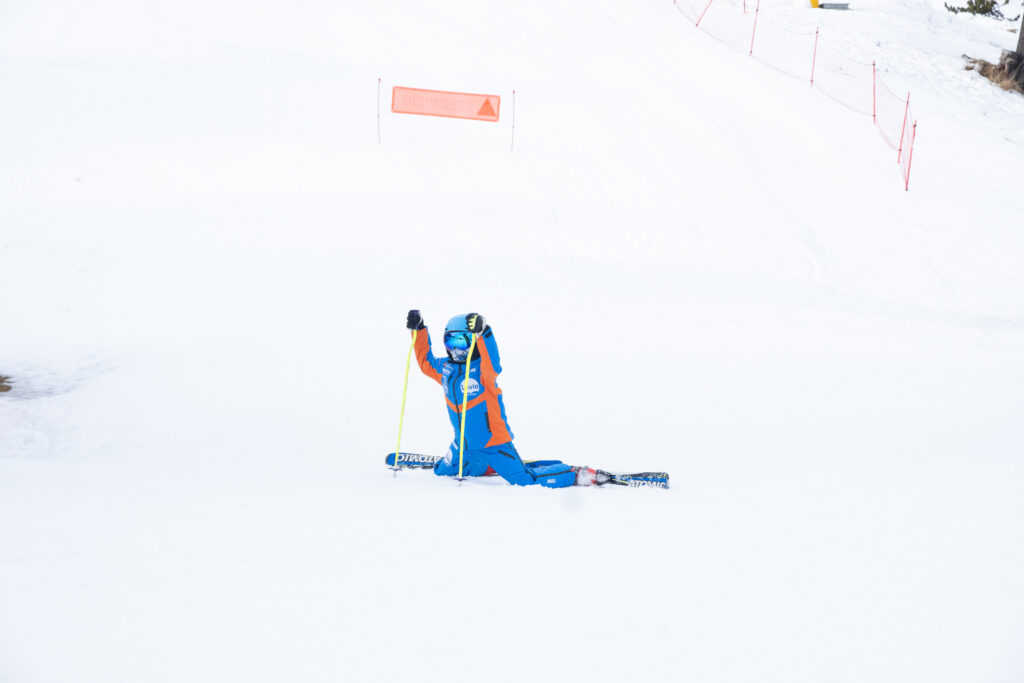14.02.2022 - 17:57
|
Actualització: 14.02.2022 - 18:57
With some important internal opposition from political parties and sportspeople, Catalonia has been leading a project to host the 2030 Winter Olympic Games in Barcelona and the Pyrenees for years. But the International Olympic Committee (IOC) only accepts bids from national committees and, given that Catalonia’s is unrecognized, the plans must be channeled through the Spanish National Committee. In other words, Catalonia and Spain must cooperate if they want to have any chance of winning the right to host an Olympic event.
But, after almost a decade of political confrontation over independence never before seen in modern times, what are the chances this is possible? The path for cooperation looks, at the very least, arduous. Now the peak of the confrontation seems to be over and a thawing of relations has begun between both governments, which are led by different parties than in 2017. Yet, frictions with Spain are common and in the case of the Games no one expects it to be different.
And then there is the Aragon factor. As in Madrid, the Socialists also hold power in the region neighboring Catalonia, Aragon, which wants to be part of the bid “at the same level” as Catalonia, who want to be the clear leader of the project. The Spanish Olympic Committee and also Spain’s leader, Pedro Sánchez, prefer a shared bid with both territories being at the same level. Both Catalan and Aragonese presidents were supposed to meet two weeks ago in order to find consensus, but the latter turned down the appointment on the grounds that stances are still too far off.
The fact that the relationship between the two former Aragon crown territories is not at its best also needs to be taken into account. Javier Lambán, leading the Aragonese executive, has been one of the most outspoken voices against independence in the Spanish Socialist party over the years – and his team successfully campaigned for years in order to recover some artworks that had been in Catalonia for 80 years, something fought back by Barcelona on the grounds that the pieces had been legally bought in the 1980s.
Sport diplomacy
Sánchez is seeking balance between Aragon’s interests and his plan for Catalonia: promoting the thawing of relations, shared projects, and leaving behind the legal disputes and political tension of his predecessor, the conservative Mariano Rajoy (PP). Indeed, Madrid has displayed a variety of sporting diplomacy in recent weeks, not only over the Games. On January 18, it was announced that Spain’s men’s national football team will play in Catalonia for the first time in 18 years. The following week, Barcelona was revealed as the starting point of La Vuelta cycling race in 2023, something that had not happened since 1962.
Part of the independence camp has, particularly on Twitter, expressed scepticism over the idea of sharing such a plan with Spain, taking into account that the current pro-independence government has said it intends to pursue a Catalan Republic.
Cooperation between administrations was seen as one of the keys to achieving a successful Summer Olympic Games in Barcelona in 1992. In 2017, as part of a report marking the 25th anniversary of the event, one of the architects involved in the works to prepare the city for 1992, Beth Galí, told Catalan News that such a process would not be possible again at that time given the political tension that was going on. Barely three months later, the independence crisis would hit its peak, including a declaration of independence that was almost immediately suspended.


